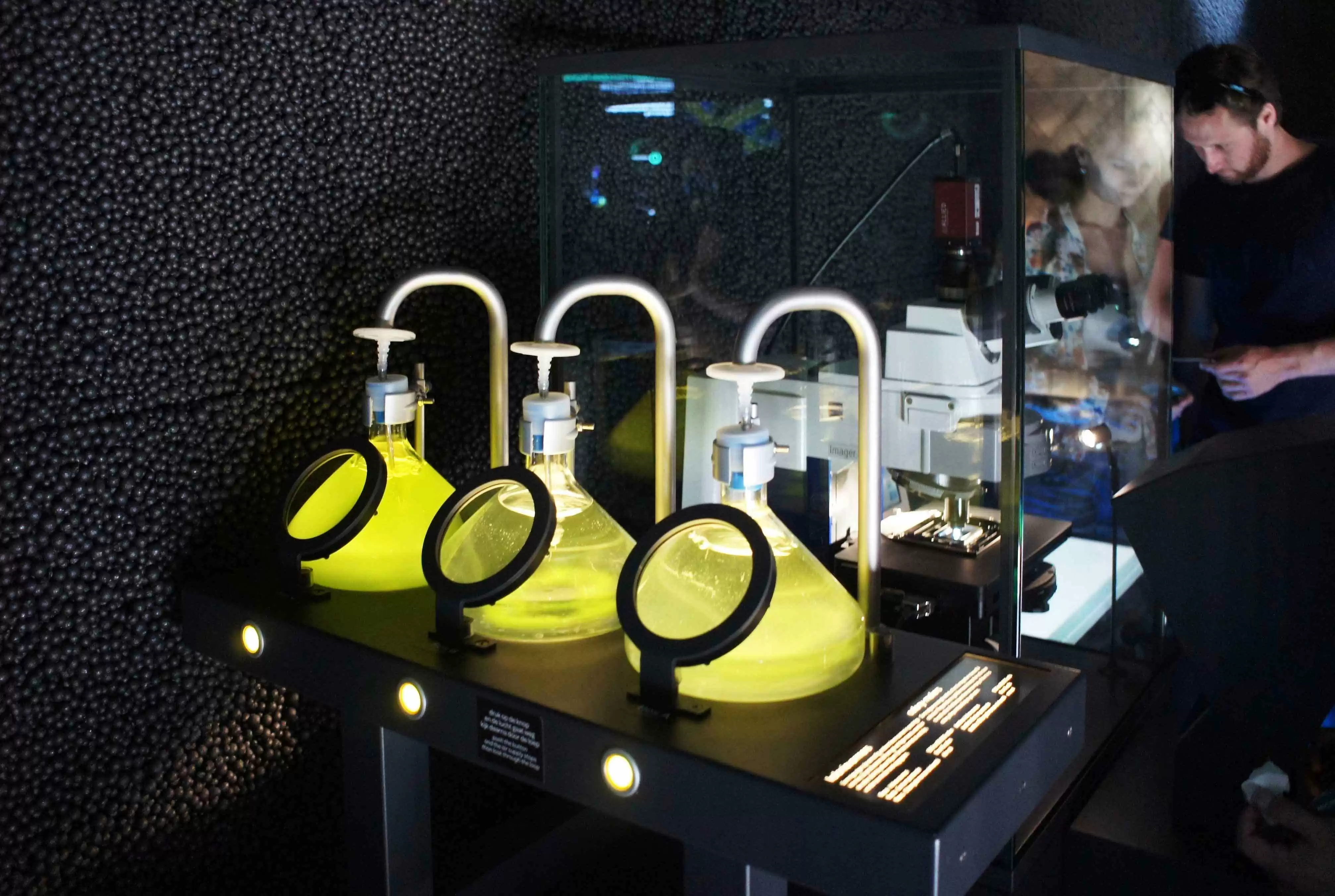
Celiac.com 07/13/2023 - Untreated celiac disease patients show elevated blood levels of glutamine, and reduced expression of the glutaminase enzyme in the duodenum. Intestinal gluconeogenesis is a process in the small intestine that converts glutamine into glucose, and glutaminase enzyme plays a crucial role in this process.
Animal studies suggest that impaired intestinal gluconeogenesis may have long-term effects on metabolic control and be linked to the development of type 2 diabetes and non-alcoholic fatty liver disease (NAFLD).
The Research Team
Celiac.com Sponsor (A12):
A research team aimed to examine intestinal gluconeogenesis at the gene expression level in children with untreated celiac disease.
The team included Olof Karlson, Henrik Arnell, Audur H. Gudjonsdottir, Daniel Agardh & Åsa Torinsson Naluai. They are variously affiliated with the Department of Laboratory Medicine, Institute of Biomedicine, Sahlgrenska Academy at the University of Gothenburg, Gothenburg, Sweden; the Department of Paediatric Gastroenterology, Hepatology and Nutrition, Queen Silvia Children’s Hospital, Sahlgrenska University Hospital, Gothenburg, Sweden; the Department of Pediatric Gastroenterology, Hepatology and Nutrition, Astrid Lindgren Children’s Hospital, Karolinska University Hospital, Stockholm, Sweden; the Department of Women’s and Children’s Health, Karolinska Institute, Stockholm, Sweden and the Department of Clinical Sciences, Unit of Celiac Disease and Diabetes, Lund University, Malmö, Sweden.
Quantitative Polymerase Chain Reaction Used to Measure Expression of 11 Target Genes
The researchers used a technique called quantitative polymerase chain reaction (qPCR) to measure the expression of 11 target genes related to intestinal gluconeogenesis in duodenal biopsies from 84 children with untreated celiac disease and 58 disease controls. They compared the results using three reference genes (GUSB, IPO8, and YWHAZ).
The Findings
The findings revealed significantly lower expression of nine target genes associated with intestinal gluconeogenesis in the duodenal biopsies of celiac disease patients compared to the control group. These genes included FBP1, G6PC, GLS, GPT1, PCK1, PPARGC1A, SLC2A2, SLC5A1, and SLC6A19. There were no significant differences observed in the expression of G6PC3 or GOT1.
Overall, children with untreated celiac disease have reduced expression of genes crucial for intestinal gluconeogenesis.
However, more research is needed to determine whether this is a consequence of intestinal inflammation or a shared impairment in metabolic pathways with other chronic metabolic diseases. Impaired intestinal gluconeogenesis could potentially contribute to the increased risk of NAFLD observed in celiac disease patients.
Read more in BMC Medicine volume 20, Article number: 440 (2022)








Recommended Comments
There are no comments to display.
Create an account or sign in to comment
You need to be a member in order to leave a comment
Create an account
Sign up for a new account in our community. It's easy!
Register a new accountSign in
Already have an account? Sign in here.
Sign In Now